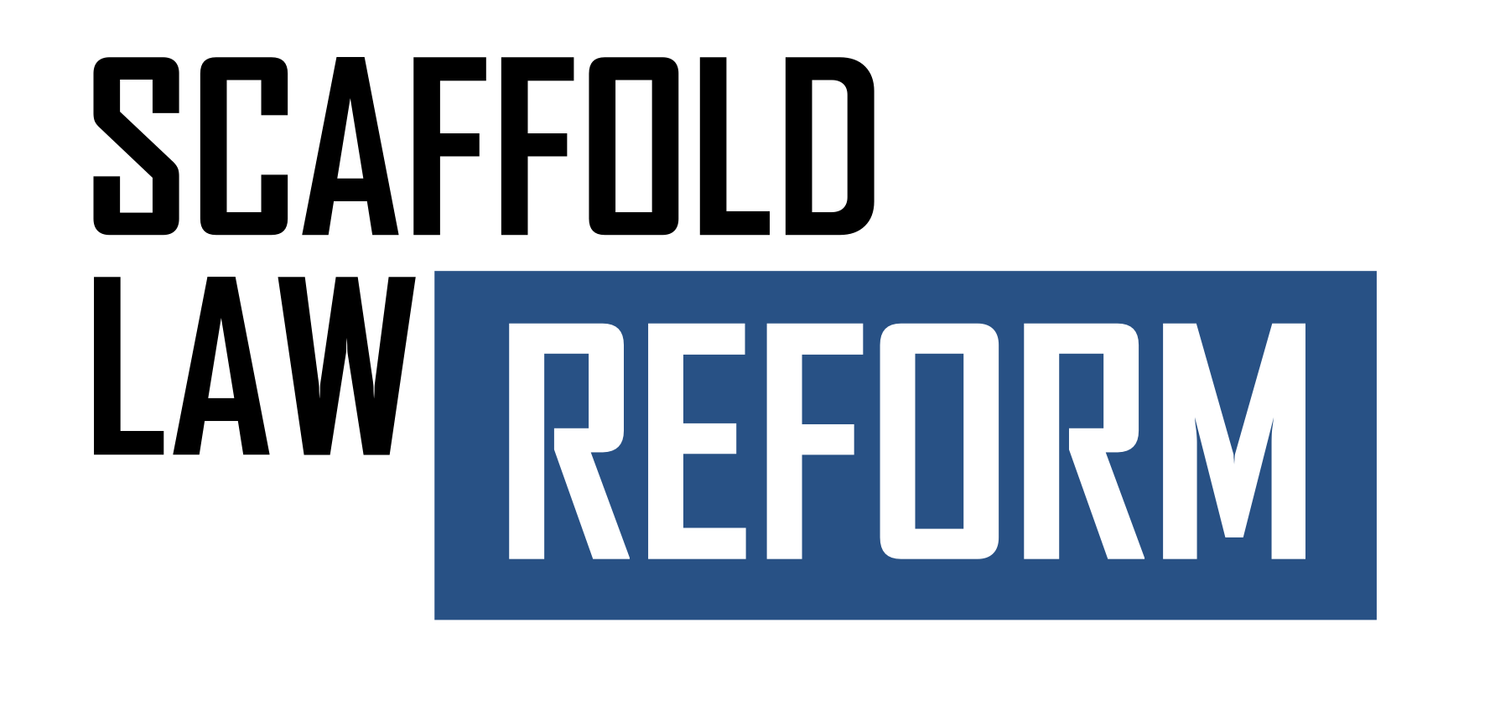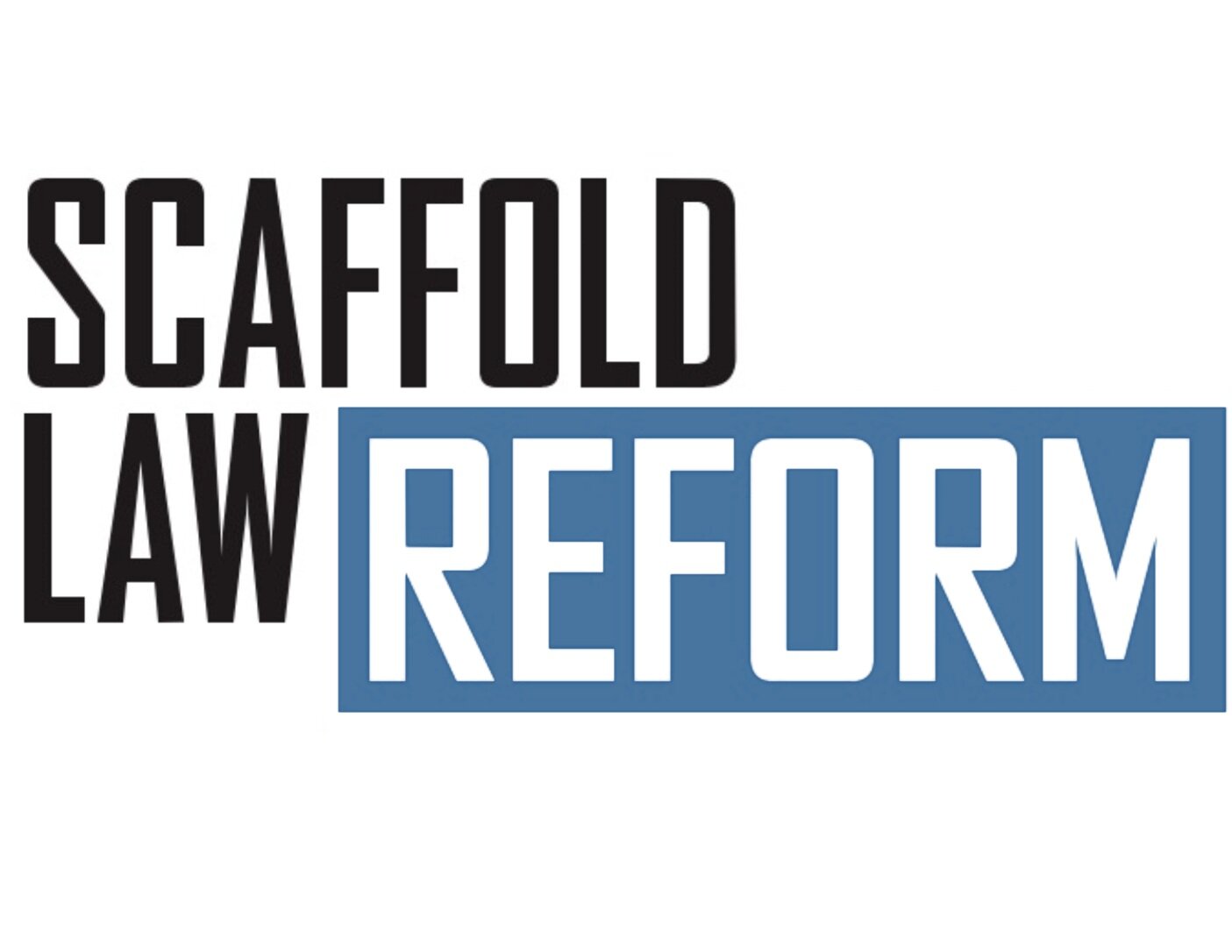7 on Your Side Investigates: Fake construction falls in NY contributing to rise in rent, home costs
By: Kristin Thorne
The 7 On Your Side Investigates team has learned about a scam involving fake falls in New York that is costing everyone from construction companies to homeowners and renters.
The owners of several restoration companies in New York City tell Eyewitness News they have been receiving false claims from workers who said they fell while on the job.
"We're finding in some cases they never even worked at the job site," Jeff Heiser, the vice-president of K. Waterproofing, told investigative reporter Kristin Thorne. "They're just looking up permits and job sites and just filing claims."
Steve Katz, the owner of K. Restoration, says he rarely used to get fall claims. But in the last several years, he's getting one or two claims a year.
"I used to pay maybe $300,000 a year in liability insurance," he said. "Now, I pay $2 million."
The contractors have to pass on the cost of the higher insurance premiums to the building owner who then has to pass it along to the homeowner and renter.
"They're paying for it every day," James Fenniman, adjunct professor at St. John's University School of Risk Management, said. "It's a silent tax that they don't know about. So, when you have that rent increase or maintenance increase and it goes up 12%, 4% may have come from the insurance."
Construction industry insiders believe the bogus claims are happening because of a New York Labor Law which dates back to the late 19th century.
New York Labor Law 240 and 241, which was established in 1885, makes a property owner or construction employer fully liable if a worker falls from any height and is injured. The worker bears no responsibility for the fall under the law, although some appellate court judges have denied plaintiffs' claims under the law.
New York is the only state with such a regulation.
Heiser says his company does jobs in Connecticut and New Jersey, yet the company has no claims in those states.
"In other markets, like New Jersey and Connecticut, you'll have a myriad of contractors and the same type of work, same materials, same labor, same everything, will be half the price of that of New York and that's mostly driven by insurance costs," Heiser said.
"We never have these accidents in New Jersey or Connecticut where we do probably the same amount of work," Katz said.
Eyewitness News obtained videos and documentation related to two recent falls from construction sites.
A Bronx-based restoration company says it received a claim from a worker who said on September 20 he tripped and fell while working on a job on West 190th Street. The worker said in a worker's compensation claim that he hurt his "neck, back, both knees and both shoulders."
The company says the worker had been let go a month before and wasn't even supposed to be at the job site.
Eyewitness News reviewed the surveillance video, and it shows the worker come down a ladder, take a few steps and then sit down on the sidewalk. The worker does not appear to trip or fall. A few seconds later, another worker comes down the ladder and helps the worker get up and limp away.
William Ross, of East New York, shared surveillance video of two men appearing to conduct a fake fall in front of his home. Ross has work being done on his front porch, which is elevated one floor from the ground.
The video shows two men walk down the street and lie down right in front of Ross's property, directly below the porch construction work.
Moments later, someone in the neighborhood captured cell phone video of EMS responding to assist the two men. The men appear to be badly injured and you can see EMS crews take out a neck brace to wrap it around one of the men. They also have a stretcher nearby.
"I'm sure maybe a lawsuit is going to come up," Ross said. "It seems like they told EMS they fell from that platform up there."
Katz says his company is currently trying to fight at least five fraudulent claims. The claims have not yet gone through the courts, but they have the potential to cost Katz's company millions in damages.
"All the cases happen when no one is looking, no witnesses, no camera shots," he said.
Several years ago, Katz's insurance company settled with a worker for $3.6 million after the worker said he slipped and fell off a fire escape. The worker went to the hospital on the day of the alleged incident, and the hospital reported the worker was fine and that he could report back to work in two weeks, Katz says. They never saw the worker again and then about a year later his company received a lawsuit from the worker alleging that he could never work again because of injuries he sustained during the fall, Katz says.
"It's cheaper for the insurance company to settle than go to trial," Heiser said. "Our concern is that we're not going to be able to get insurance at some point."
Katz says he would like to see legislators repeal Labor Law 240-241.
"Someone has hijacked the law and used it to create fraudulent claims," he said.
Heiser says his company has invested hundreds of thousands of dollars in safety training every year.
"That is going to waste when someone is actively removing their harness on a job and then creating a fall," he said.
Some groups have undertaken efforts in the past to reform the scaffolding law to better protect property owners and companies from fake falls, but none has been successful. The law has been challenged, however, by several lawsuits in which appeals courts have limited the scope of the law.
In one appeals decision referenced in a labor law update in 2016 by New York State Supreme Court Judge Elizabeth Garry, the Court of Appeals noted the "extraordinary protections of Labor Law 240(1) extend only to a narrow class of special hazards, and do not encompass any and all perils that way be connected in some tangential way with the effects of gravity."
Since 2009, the New York State legislature has considered a bill aimed at adding a comparative negligence standard to Labor Law 240-241, but it has never passed. It would force workers to bear responsibility for their own falls in certain circumstances.
Eyewitness News reached out to the New York Committee for Occupational Safety and Health about Labor Law 240-241 and the allegations of fake falls. The committee has long advocated for the law as a way to protect workers.
"Falls are the leading cause of construction site fatalities," NYCOSH Executive Director Charlene Obernauer said. "Our law laws provide victims the right to a day in court and an opportunity to prove their case. If a contractor follows the rules and makes sure safety is a priority; they won't pay a dime."
Obernauer says construction company owners are going after the labor law to "get off the hook for claims they should be covering."
"They are putting their bottom dollar above the welfare of hardworking laborers. The best way for construction companies to protect their workers and avoid legal liability is to operate safe work sites," she said.
Fenniman says insurance companies are fleeing New York because of the threat of fraudulent claims.
"It's creating a tremendous shortage of capacity - capacity meaning the number of insurance companies that are willing to underwrite and insure construction projects," he said.
Fenniman says the claims are causing construction work in New York to cost more than anywhere in the country.
"Every time that building does construction work, they're paying inflated costs over the rest of the country anywhere from around 5 percent more," he said.
"Because our rates go up, we have to charge more," Katz said. "It's in our bid."
Building and homeowners in New York City are particularly vulnerable to these false claims because buildings in the city must have their facades inspected every five years.
Some construction companies have added surveillance cameras and staff to supervise workers while they're on the job. Companies tell Eyewitness News they're also vetting workers more thoroughly before hiring them.

